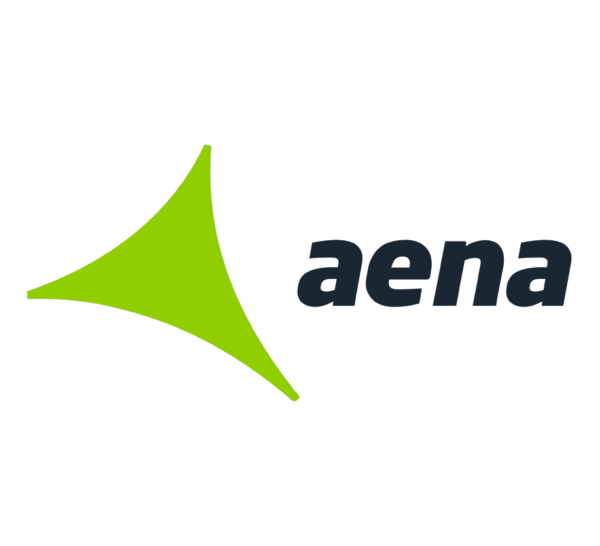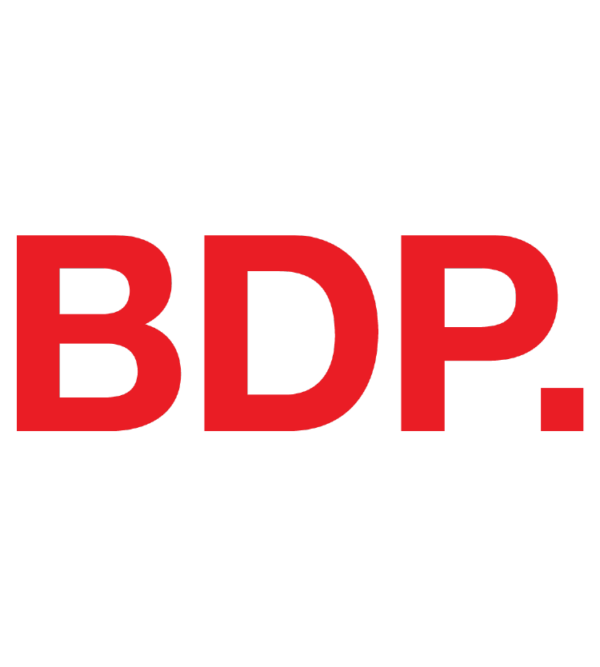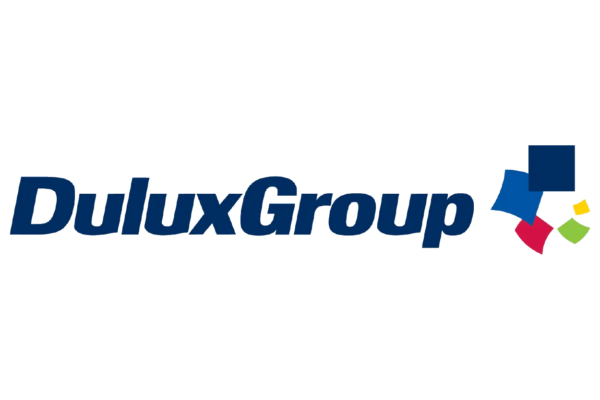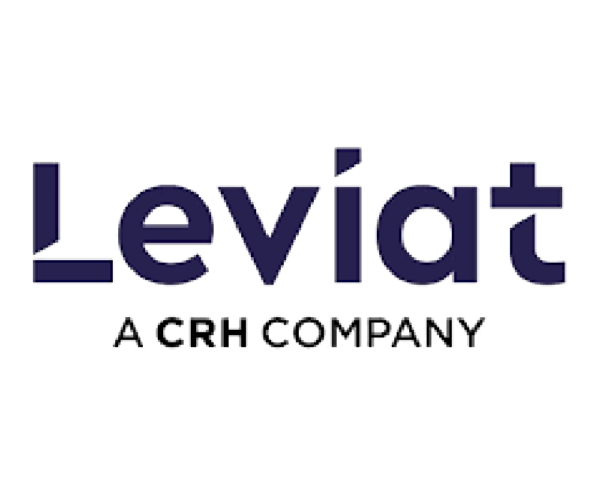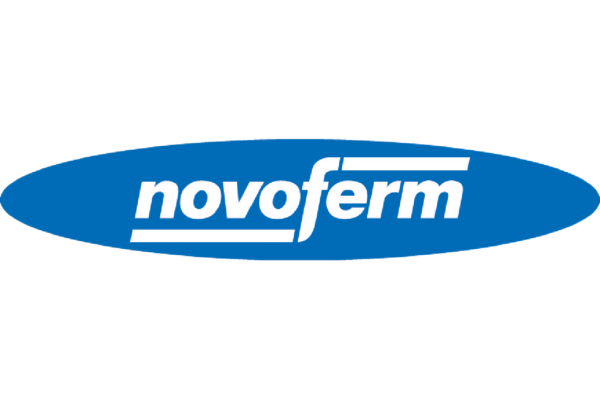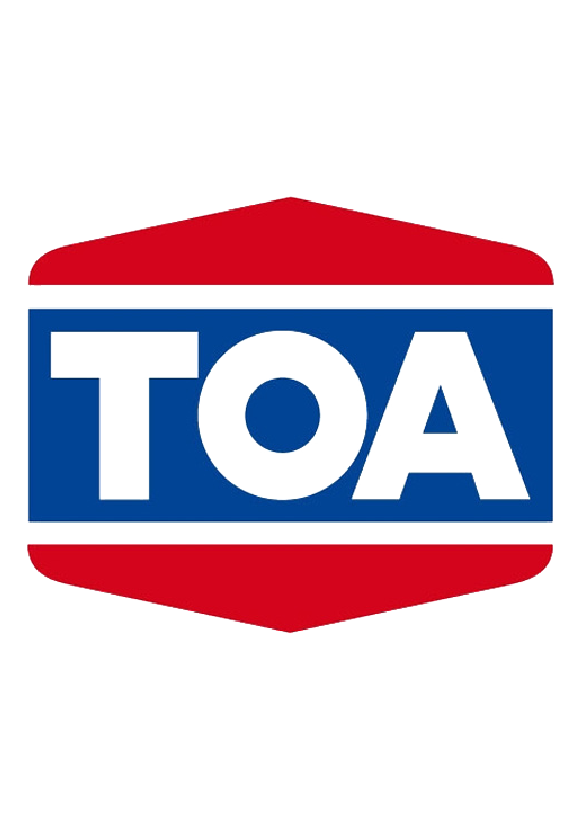Connecting the world of construction
We help the world build better by delivering unrivalled insights and technology that shape places where people live, work and play.
Find out moreExplore our wide range of market-leading services
Our market-leading insights and software solutions empower our customers to maximise sales, streamline operations and build more sustainably.
Why choose us?
Sell more
We boost our customers’ growth by increasing their visibility and providing opportunities to connect and engage with our construction ecosystem.
Improve efficiency
We are highly committed to helping our customers reach their goals faster by optimising processes and driving efficiencies.
Build more sustainably
As a leading player at the centre of the construction ecosystem, we improve the availability of environmental, social and governance data within the market to drive more environmentally informed decision-making.
Trusted by
-
“Hubexo is built on nearly 100 years of construction expertise, and now we’re unifying our global brands to drive innovation, empower our customers, and guide the construction sector into a sustainable future. Together, we can help our customers to build better.”
Dario Aganovic, Hubexo CEO

